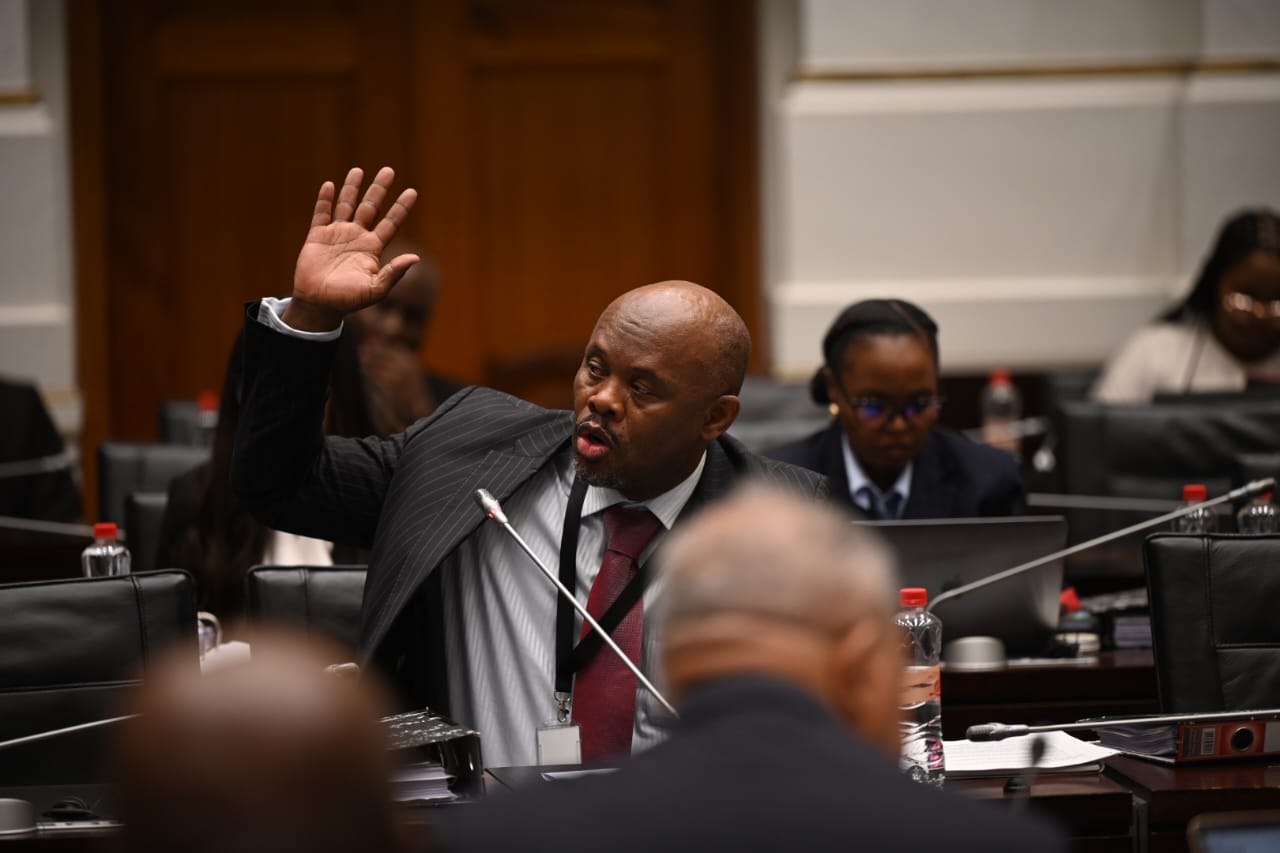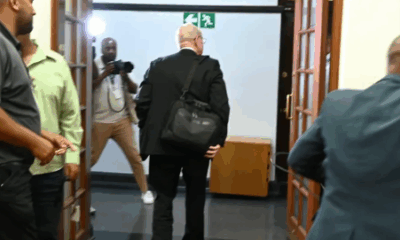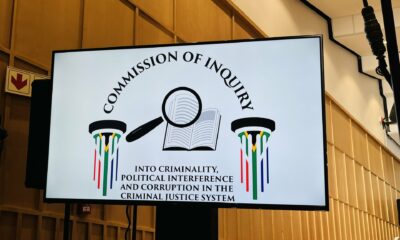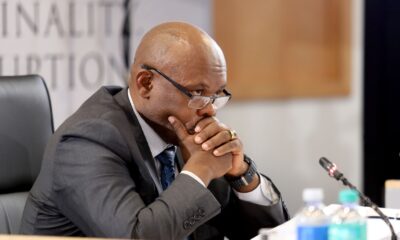News
“Why Was I Shut Out?” – Sibiya Slams Secrecy Around Political Killings Task Team

A Senior Officer Left in the Dark
Suspended Deputy National Commissioner Shadrack Sibiya has publicly questioned why he was barred from the operations of the Political Killings Task Team (PKTT), despite being one of the top-ranking officers in SAPS with full top-secret clearance.
Appearing before Parliament’s ad hoc committee probing corruption within the police service, Sibiya described the PKTT’s internal structure as “weird,” “secretive,” and completely detached from ordinary policing channels.
“I’m the deputy national commissioner responsible for detectives, forensic services, and intelligence-led policing,” he reminded MPs. “If I hold top secret clearance, why can’t I be entrusted with knowing what this team is doing? What is so secret that I’m not allowed to know?”
A Task Team That Answered to Almost No One
The PKTT was created to investigate political assassinations, primarily in KwaZulu-Natalafter a string of murders linked to councillor battles, tenders, and intra-party conflicts.
Yet, according to Sibiya, the unit operated like a private club buried deep in Crime Intelligence. Instead of reporting to SAPS’ detective branch, the team answered directly to Lt-Gen. Dumisani Khumalo, bypassing normal structures entirely.
Sibiya claimed only a handful of people were kept in the loop: Police Minister Senzo Mchunu, Khumalo, KZN Commissioner Lt-Gen. Nhlanhla Mkhwanazi, National Commissioner Fannie Masemola, and, to a lesser extent, Hawks boss Godfrey Lebeya.
This inner circle reportedly controlled the flow of information and shut others out.
Disbanded in Silence, Then the Blame Game Began
The PKTT was abruptly disbanded in late 2024, triggering urgent questions from activists, politicians and bereaved families in KZN and Mpumalanga. With dozens of unresolved political killings still on the books, many saw the decision as reckless.
Officially, the shutdown was ordered by then-Police Minister Senzo Mchunu in a December 2024 letter to National Commissioner Masemola. Mchunu apparently argued that the task team “was no longer adding value.”
But inside SAPS, fingers were quickly pointed at Sibiya, with speculation he may have influenced or supported its disbandment. In Parliament, he pushed back, indirectly by exposing how little access he actually had.
Deputy commissioners don’t have the authority to disband national task teams anyway. Control of the PKTT rested with the national commissioner and ministry.
Mkhwanazi’s Curveball: “Mchunu Didn’t Write That Letter”
Adding to the intrigue, KZN Commissioner Nhlanhla Mkhwanazi has claimed the disbandment letter itself may not have truly come from Mchunu. He alleged “rogue political forces” are manipulating policing decisions for personal gain and undermining investigations into political murders.
If true, it suggests SAPS leadership is not only divided, but possibly compromised by external interests.
Public Reaction: Confusion, Frustration, and Fear
On social media, reactions have ranged from disbelief to anger:
-
“How does a whole deputy commissioner get sidelined?”
-
“No wonder political killings never get solved.”
-
“This sounds like a parallel police state.”
Families of murdered councillors and whistle-blowers have expressed fresh fear that investigations will now languish or disappear altogether.
The Bigger Picture: A Broken Pipeline of Accountability
Sibiya’s testimony highlights something South Africans have suspected for years: parallel policing structures, factional interference, and politically insulated task teams are eroding the fight against organised violence.
His argument was simple but devastating: if political murders fall under detectives, why were detectives excluded?
“It’s acceptable that the provincial commissioner oversees provincial policing,” he said. “But when murder investigations are happening through a special task team, it should be aligned under detectives.”
His remarks also raise a constitutional concern, if elite teams exist outside oversight, who watches the watchdogs?
What Happens Next?
Parliament’s inquiry into SAPS corruption and political interference is likely to dig deeper into:
-
Who really controlled the PKTT?
-
Why was it kept off the radar of senior SAPS leadership?
-
Was Minister Mchunu acting alone when it was dissolved?
-
And most of all, who benefits when political killings aren’t solved?
For Sibiya, the issue isn’t just personal exclusion, it’s about the integrity of law enforcement.
His unanswered question still hangs in the air:
“If I’m not allowed to know, then who is this task team really working for?”
{Source: IOL}
Follow Joburg ETC on Facebook, Twitter , TikTok and Instagram
For more News in Johannesburg, visit joburgetc.com



























